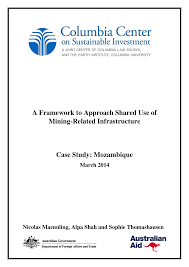Engineers, Innovative Capacity and Development in the Americas
Using newly collected national and
sub-national data, and historical case studies, this paper
argues that differences in innovative capacity, captured by
the density of engineers at the dawn of the Second
Industrial Revolution, are important to explaining present
income differences, and, in particular, the poor performance
of Latin America relative to North America. This remains the
case after controlling for literacy, other higher order








